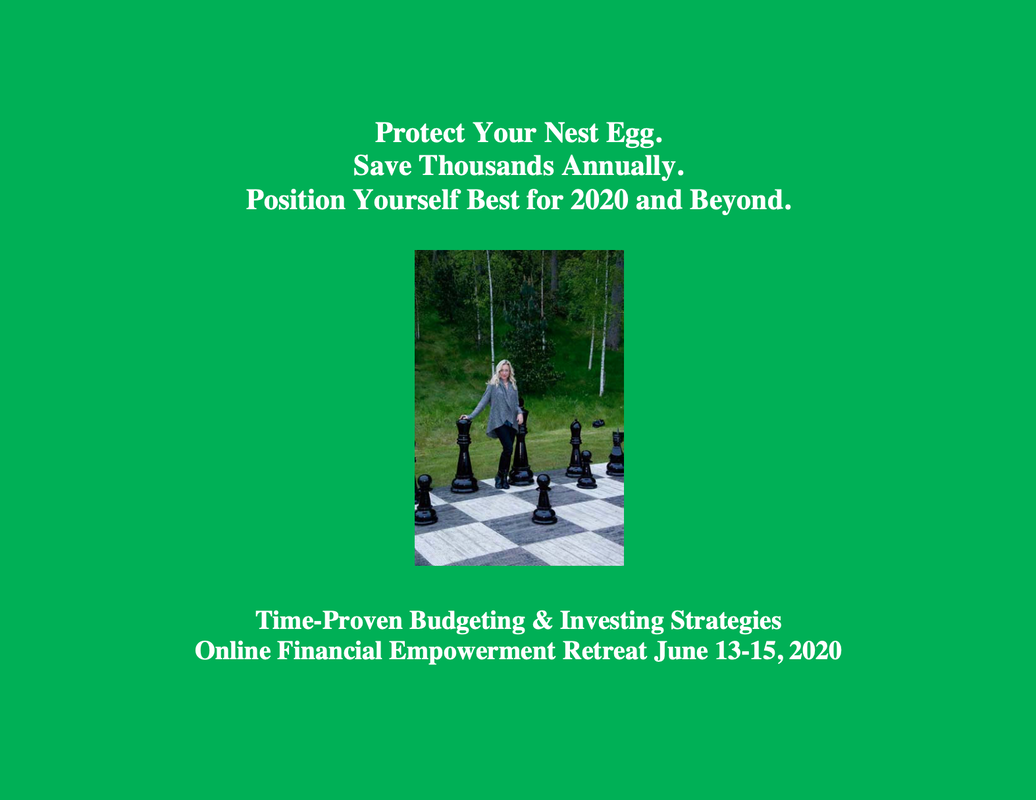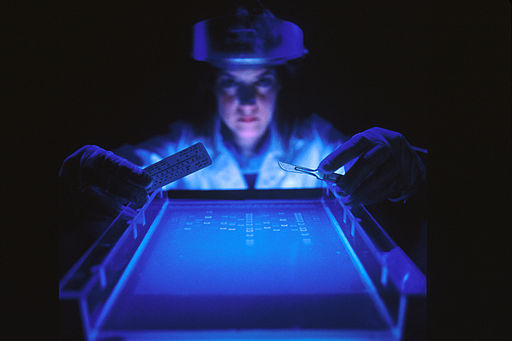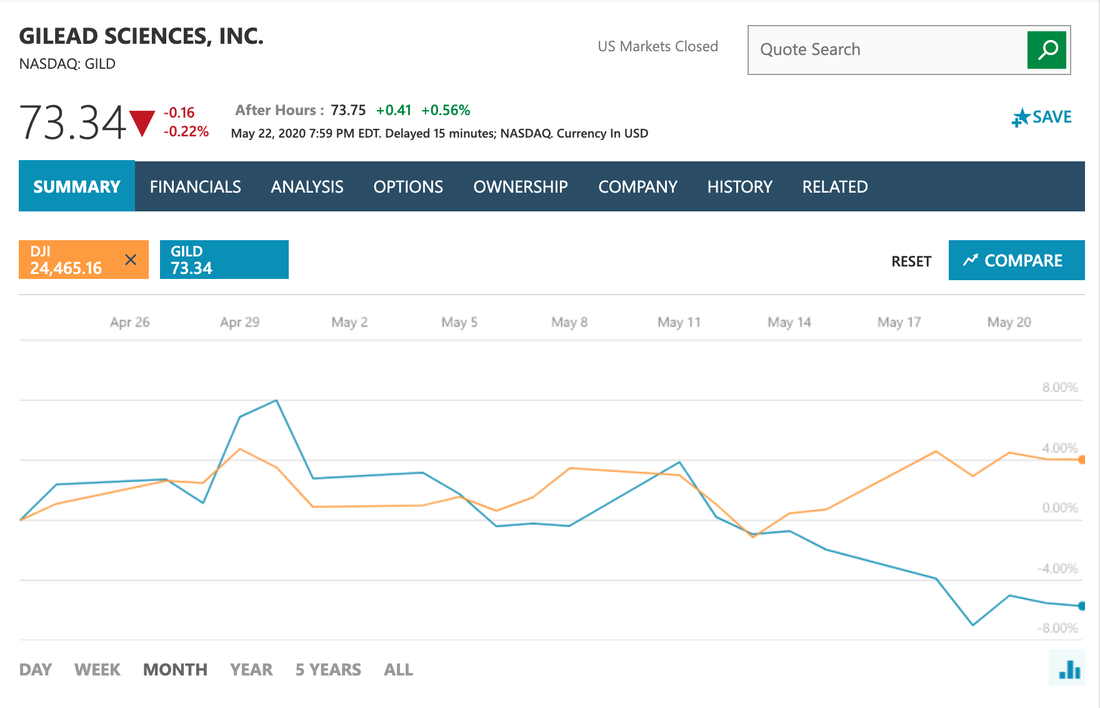|
On May 1, 2020, Gilead’s experimental COVID-19 treatment for severe cases was given emergency approval by the United States. Japan quickly followed, approving Veklury® (remdesivir). However, instead of sending Gilead’s share price to the moon, the stock dropped 13%, even while the Dow Jones Industrial Average continued a May mini-rally. Why weren’t investors impressed? It is likely due to the announcement by Gilead’s Chairman and CEO Daniel O’Day that the company was donating all of its supply to the U.S. “We’ve donated the entire supply that we have within our supply chain… We did that because we acknowledge and recognize the human suffering, the human need here, and want to make sure nothing gets in the way of this getting to patients,” O’Day said on Face the Nation on May 3, 2020. There is extreme political pressure for biomedical companies to come up with a cure, and to distribute the drugs as widely and freely as possible. Other COVID-19 Projects Adaptive Biotechnologies and Amgen are collaborating to find the “Michael Jordan” of antibodies. “We see our effort as complementary to other efforts in the industry. We don’t view this as a competition but as an all-hands-on-deck moment,” David Reese, Amgen’s executive vice president for Research and Development, remarked in an Amgen press release. Can Small Companies Afford to Work for Free? Gilead is a $92-billion company with $5.4 billion in net income and $35 billion in cash. Amgen is worth $132 billion, with almost $8 billion in annual net income (and $23.36 billion in sales). These companies can afford to give away a cure, and might even experience a Halo Affect in the bargain. But can a $5 billion company with $85 million in sales and $92 million in annual net losses like Adaptive Biotechnologies afford to give away its product? Adaptive had $213 million in cash and cash equivalents at the end of March 31, 2020. However, debt has been more difficult to access in the past few months, except for the most creditworthy companies. Capital preservation, “right-sizing,” liquidity and a “clear path to profitability” are all important business in today’s world. Cash burn in 2020 is not a luxury that companies can afford – not even biotech companies in the race for a cure. The key to Adaptive’s future will lie in speed. If the company’s “sophisticated DNA sequencing and machine learning capabilities” yield an all-star antibody or a cocktail of powerful players quickly, then Adaptive’s artificial intelligence could be useful in many biomedical therapies. Amgen is not the only large corporation courting Adaptive’s AI. Microsoft and the National Institute of Health are also partnered with Adaptive. On March 20, 2020, Microsoft announced a partnership with Adaptive to decode COVID-19’s immune response and provide open data access (i.e. free). It is very possible that the little go-to AI company that these mega-nationals are all partnered with – Adaptive Biotechnologies – has a bright future, even if its profit model is weighted toward altruism now. Inari’s IPO Inari Medical Inc. had an IPO on Friday. The company is not involved in the pandemic cure. However, with sales growth of 650% year over year, it’s worthy of mention in this biotech blog. In 2018, Inari sales were $6.8 million. Last year, they topped $51.1 million. The company makes FDA-approved devices to remove blood clots in Pulmonary Embolisms and Deep Vein Thrombosis diagnoses. The annual market for these devices is $3.6 billion in the U.S., according to Inari’s S-1 filing, with additional sales potential outside the U.S. Inari is a $2 billion small cap company with an impressive board and management, and a product that is in demand. In the 1st quarter of 2020, the revenue growth was almost fourfold, from $6.9 million to $27 million. At the current pace, sales could easily double in 2020, to over $108 million. The company generated $4.1 million in net profit in the 1st quarter of 2020. According to the Inari S-1 filing, “In the first quarter of 2020, approximately 2,400 procedures were performed using [their] products.” This compares with 4,600 in all of 2019. Dr. Victor Tapson of Los Angeles’ Cedars Sinai Medical Center, who was a co-principal investigator in the Flare study, said in a press release, “The results of the Flare study mark an exciting advancement in the treatment of acute pulmonary embolism patients. Until now, there has not been an approach to rapidly restore flow to reverse right heart strain without the use of thrombolytic drugs and their inherent risk of bleeding complications.” Inari’s IPO priced at $18/share, and had doubled to $36 by the time it hit the big boards on Friday. Inari looks like a small fish that could become quite a Samson of the sea. However, it is difficult for even great companies with first-mover advantage in an exciting innovation to swim upstream, if the markets crash. So, when you are determining your buy price and exit strategy, the following questions are appropriate for both Inari and Adaptive Biotechnologies. What can the company do? What can the industry do? What will the general market do? Full Disclosure: I own Adaptive Biotechnologies stock. If you are interested in learning how to pick winning stocks, or what's safe in a world where stocks, bonds and money market funds are all vulnerable to capital loss, consider joining me for my next Financial Empowerment Retreat, June 13-15, 2020. Get additional information by clicking on the banner ad below. Call 310-430-2397 or email [email protected] to learn more and to register.  Natalie Pace Financial Empowerment Retreat June 13-15, 2020. Online. Call 310-430-2397 or email [email protected] to learn more. Other Blogs of Interest Are You Worried About Money? May is a Good Time for Rebalancing. Is FDIC-Insured Cash at Risk of a Bank Bail-in Plan? Why Did my Bonds Lose Money? Cannabis Update. Recession Proof Your Life. Free Videocon Monday, May 10, 2020. The Recession will be Announced on July 30, 2020. Apple Reports Terrible Earnings. We Are in a Recession. Unemployment, Rising Stocks. What's Going On? 8 Money Myths, Money Pits, Scams and Conspiracy Theories. 21st Century Solutions for Protecting Your Home, Nest Egg & Job. Wall Street Insiders are Selling Like There is No Tomorrow. Why Are My Bonds Losing Money? Tomorrow is Going to be Another Tough Day. Price Matters. Stock Prices are Still Too High. Should You Ride Things Out? 7 Recession Indicators Corona Virus Update. The Bank Bail-in Plan on Your Dime. NASDAQ is Up 6X. CoronaVirus: Which Companies and Countries Will be Most Impacted. Is Tesla Worth GM and Ford Combined. Artificial Intelligence is on Fire. Is it Time to Buy S'More? Take the Retirement Challenge. 2020 Investor IQ Test. Answers to the 2020 Investor IQ Test. The Cannabis Capital Crunch and Stock Meltdown. Does Your Commute Pollute More Than Planes? Are Health Care Costs Killing Your Budget? 2020 Crystal Ball. The Benefits of Living Green. Featuring H.R.H. The Prince of Wales' Twin Eco Communities. What Love, Time and Charity Have to do with our Commonwealth. Interview with MacArthur Genius Award Winner Kevin Murphy. Unicorns Yesterday. Fairy Tales Today. IPO Losses Top $100 Billion. Counting Blessings on Thanksgiving. Real Estate Prices Decline. Hong Kong Slides into a Recession. China Slows. They Trusted Him. Now He Doesn't Return Phone Calls. Beyond Meat's Shares Dive 67% in 2 Months. Price Matters. Will There be a Santa Rally? It's Up to Apple. Will JP Morgan Implode on Fairy Tales and Unicorns. Harness Your Emotions for Successful Investing. What the Ford Downgrade Means for Main Street. The Dow Dropped Over 1000 Points Do We Talk Ourselves into Recessions? Interview with Nobel Prize Winning Economist Robert J. Shiller. Ford is Downgraded to Junk. From Buried Alive in Bill to Buying Your Own Island. The Manufacturing Recession. An Interview with Liz Ann Sonders. Gold Mining ETFs Have Doubled. The Gold Bull Market Has Begun. The We Work IPO. The Highs and Hangovers of Investing in Cannabis. Recession Proof Your Life. China Takes a Bite Out of Apple Sales. Will the Dow Hit 30,000? A Check Up on the Economy Red Flags in the Boeing 2Q 2019 Earnings Report The Weakening Economy. Think Capture Gains, Not Stop Losses. Buy and Hold Works. Right? Wall Street Secrets Your Broker Isn't Telling You. Unaffordability: The Unspoken Housing Crisis in America. Are You Being Pressured to Buy a Home or Stocks? What's Your Exit Strategy? It's Time To Do Your Annual Rebalancing. Cannabis Crashes. Should You Get High Again? Are You Suffering From Buy High, Sell Low Mentality? Financial Engineering is Not Real Growth. The Zoom IPO. 10 Rally Killers. Fix the Roof While the Sun is Shining. Uber vs. Lyft. Which IPO Will Drive Returns? Boeing Cuts 737 Production by 20%. Earth Gratitude This Earth Day. Real Estate is Back to an All-Time High. The Lyft IPO Hits Wall Street. Should you take a ride? Cannabis Doubles. Did you miss the party? 12 Investing Mistakes Drowning in Debt? Get Solutions. CBD Oil for Sale. The High Cost of Free Advice. Apple's Real Problem in China: Huawei. 2018 is the Worst December Since the Great Depression. Will the Feds Raise Interest Rates? Should They? Learn what you're not being told in the MSM. Why FANG, Banks and Your Value Funds Are in Trouble. Russia Dumps Treasuries and Buys Gold OPEC and Russia Cut Oil Production. Important Disclaimers Please note: Natalie Pace does not act or operate like a broker. She reports on financial news, and is one of the most trusted sources of financial literacy, education and forensic analysis in the world. Natalie Pace educates and informs individual investors to give investors a competitive edge in their personal decision-making. Any publicly traded companies or funds mentioned by Natalie Pace are not intended to be buy or sell recommendations. ALWAYS do your research and consult an experienced, reputable financial professional before buying or selling any security, and consider your long-term goals and strategies. Investors should NOT be all in on any asset class or individual stocks. Your retirement plan should reflect a diversified strategy, which has been designed with the assistance of a financial professional who is familiar with your goals, risk tolerance, tax needs and more. The "trading" portion of your portfolio should be a very small part of your investment strategy, and the amount of money you invest into individual companies should never be greater than your experience, wisdom, knowledge and patience. Information has been obtained from sources believed to be reliable. However, NataliePace.com does not warrant its completeness or accuracy. Opinions constitute our judgment as of the date of this publication and are subject to change without notice. This material is not intended as an offer or solicitation for the purchase or sale of any financial instrument. Securities, financial instruments or strategies mentioned herein may not be suitable for all investors. Comments are closed.
|
AuthorNatalie Pace is the co-creator of the Earth Gratitude Project and the author of The Power of 8 Billion: It's Up to Us, The ABCs of Money, The ABCs of Money for College, The Gratitude Game and Put Your Money Where Your Heart Is. She is a repeat guest & speaker on national news shows and stages. She has been ranked the No. 1 stock picker, above over 830 A-list pundits, by an independent tracking agency, and has been saving homes and nest eggs since 1999. Archives
July 2024
Categories |








 RSS Feed
RSS Feed